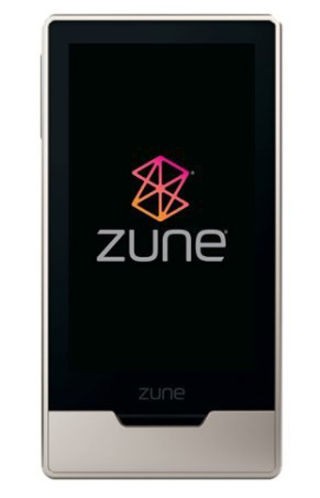Buying a House With Cold Hard Cash
Post on: 18 Апрель, 2015 No Comment

When I write about the unbanked, the vast majority of this category of consumer avoids the financial industry due to lack of trust in the industry or a belief that living paycheck to paycheck doesnt necessitate the fees and hassles of including a third party in financial transactions. Cash, in some respects, keeps you off the map. Also, its more likely that those avoiding the mainstream financial industry and opting for alternative financial products like payday loans and check cashing services live within lower socio-economic status communities.
That isnt always the case, though. Heres an interesting question I received from a reader:
I read your article on how to buy a house with cash. I will be in that situation in another year or two, moving out of state. But my question is, how do you buy a house using actual cash money and not checks or wire transfers? All the cash was obtained legally, but if I deposit it all at the same time into a financial institution, then write a check at closing, would that not sound all kinds of bells and whistles at the bank and IRS?
I understand that any transaction of ten thousand dollars or more and the bank is obligated to contact the IRS. Ive already paid tax on this money and dont want or need the IRS hounding me. So, what are your thoughts and ideas?
This is an interesting question. Usually, when people talk about buying a car or a house with cash I bought my car with cash theyre usually referring to paying by check or bank transfer. Carrying thousands, tens of thousands, or hundreds of thousands of dollars in bills is not only inconvenient, its risky. If you lose your checkbook, you can cancel your checks. If you lose a briefcase full of cash, good luck.
But before we get to the logistics of paying for a house with cold, hard cash, it might be good to address the readers assumptions.
Banks are required to report some transactions to the government. Transactions over $10,000 or multiple smaller transactions that add up to over $10,000, or a transaction for $9,999 when you change your deposit amount when the teller mentions your transactions over $10,000 will be reported are reported on a Currency Transaction Report and filed with the IRS. Another form is required if the money travels into or out of the United States, to or from a foreign country. If the bank has some reason to believe the transaction is related to something illegal, they would need to file a Suspicious Activity Report for the Financial Crimes Enforcement Network (FinCEN), a division of the Treasury Department.
You can download the Currency Transaction Report here. directly from the FinCEN. I am neither a lawyer nor a tax expert, but depositing a large amount of cash for later withdrawal is not an uncommon practice at banks. If youre not trying to hide anything from the IRS, if youre not doing anything else illegal, if you dont have a suspicious appearance, and if the teller doesnt have any reason to think youre trying to hide something, you shouldnt have any problems.
I believe that process is much easier than showing up to a house contract closing with a briefcase or sack full of cash. In my opinion, thats more suspicious than showing up at a bank for a large deposit. This would require everyone to count the money, bill by bill, at least twice.
Seeking some advice from a professional, I asked Barbara Friedberg for her thoughts on the matter. Barb has been working in the real estate industry for decades, and is currently the chief financial officer and portfolio manager of a real estate holding company. She also finds the time to be the writer behind Barbara Friedberg Personal Finance. Bringing her experience with real estate deals to Consumerism Commentary, here is what Barb suggests:
Yikes, a suitcase full of cash, I assume you mean real money. The reader needs to deposit the cash in a bank. Then she needs to check with the bank to find out how long they need to hold it before she can withdraw it. At the real estate closing she needs to bring a cashiers check or arrange with the bank for a wire transfer. I suppose bringing cash to a closing is possible, but I checked with my real estate experts, and my own experience suggests that this is infrequent at best and at worst, quite dangerous.
There is the problem of malfeasance on several fronts without using the security of a cashiers check or wire transfer. The realtors and closing agents are given free reign with tens of thousands of dollars. Your proof of ever paying the cash is limited to a flimsy receipt.
My advice, deposit the cash, and schedule the closing for a date when the reader is certain she can have full access to the cash.
It sounds like bringing cash to a real estate closing is a bad idea.
Id love for more Consumerism Commentary readers to weigh in. If youve worked as a bank teller, how did you handle large cash deposits? If youve been involved with real estate transactions, has any party ever brought a bag full of cash to the closing?
Published or updated February 24, 2012. If you enjoyed this article, subscribe to the RSS feed or receive daily emails. Follow @ConsumerismComm on Twitter and visit our Facebook page for more updates.














